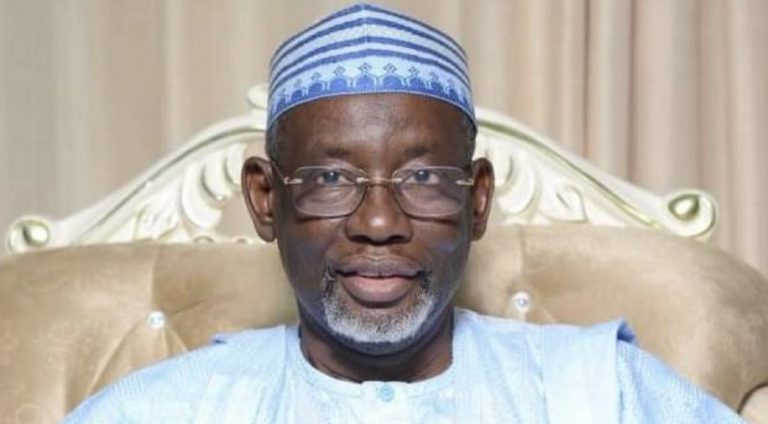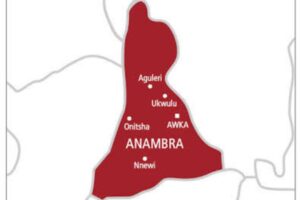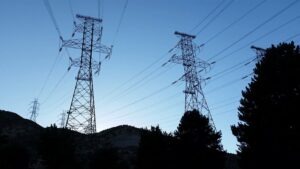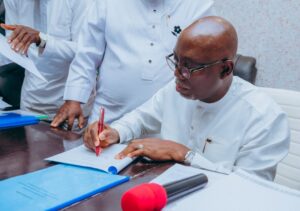Nigeria to lose N5tr from petrol subsidy – World Bank
The World Bank has warned that Nigeria could lose around N5trillion in 2022 from subsidising petrol.
The World Bank in its Nigeria Development Update (NDU) released on Tuesday in Abuja said N5 trillion is urgently needed to cushion ordinary Nigerians from the crushing effect of double-digit increases in the cost of basic commodities, invest in Nigeria’s children and youth and in the infrastructure needed for private businesses small and large to flourish, grow and create jobs.”
According to the report: “When we launched our previous Nigeria Development Update in November 2021, we estimated that Nigeria could stand to lose more than N3 trillion in revenues in 2022 because the proceeds from crude oil sales, instead of going to the federation account, would be used to cover the rising cost of gasoline subsidies that mostly benefit the rich”.
World Bank Country Director for Nigeria Shubham Chaudhuri, however noted: “Sadly, that projection turned out to be optimistic. With oil prices going up significantly, and with it, the price of imported gasoline, we now estimate that the foregone revenues as a result of gasoline subsidies will be closer to 5 trillion Naira in 2022.
“N5 trillion is urgently needed to cushion ordinary Nigerians from the crushing effect of double-digit increases in the cost of basic commodities, to invest in Nigeria’s children and youth, and in the infrastructure needed for private businesses small and large to flourish, grow and create jobs.”
The report noted: “Nigeria is in a paradoxical situation: growth prospects have improved compared to six months ago but inflationary and fiscal pressures have increased considerably, leaving the economy much more vulnerable”.
The NDU highlighted that “the inflationary pressures will be compounded by the fiscal pressures Nigeria will face this year because of the ballooning cost of gasoline subsidies at a time when oil production continues to decline”.
“Nigeria, for the first time since its return to democracy, and alone amongst major oil exporters, is unlikely to benefit fiscally from the windfall opportunity created by higher global oil prices” the report said.
The report added that, “Nigeria’s growing macroeconomic challenges in 2022 highlight the continuing urgency of a departure from business as usual, and the need for consensus around a package of robust reforms”.
The NDU highlighted three policy priorities: reducing inflation through a sequenced and coordinated mix of exchange rate, trade, monetary, and fiscal policies including the adoption of a single, market-responsive exchange rate; addressing mounting fiscal pressures at the federal and sub-national levels by phasing out the petrol subsidy (estimated to cost up to 5 trillion naira in 2022) and redirecting fiscal resources to investments in infrastructure, education, and health services; increasing “pro-health taxes”, and improving tax compliance;
The third policy priority is to catalyze private investment to boost job creation by improving the transparency of key government-to-business services and eliminating trade restrictions.
“Despite the better-than-expected performance of the services and agriculture sectors and higher oil prices stemming from the war in Ukraine, Nigeria is experiencing a curious case of lower fiscal revenues. This is limiting the government’s ability to expand basic services, support the economic recovery, and protect the poor during this difficult time” said Marco Hernandez, World Bank Lead Economist for Nigeria and co-author of the Report.
In addition to assessing Nigeria’s economic situation, this edition of the NDU also casts a spotlight on the unintended effects of Nigeria’s trade restrictions; the importance of investing in adolescent girls to defuse Nigeria’s demographic timebomb; and the imperative of bringing Nigeria’s out-of-school children back to school.













Post Comment